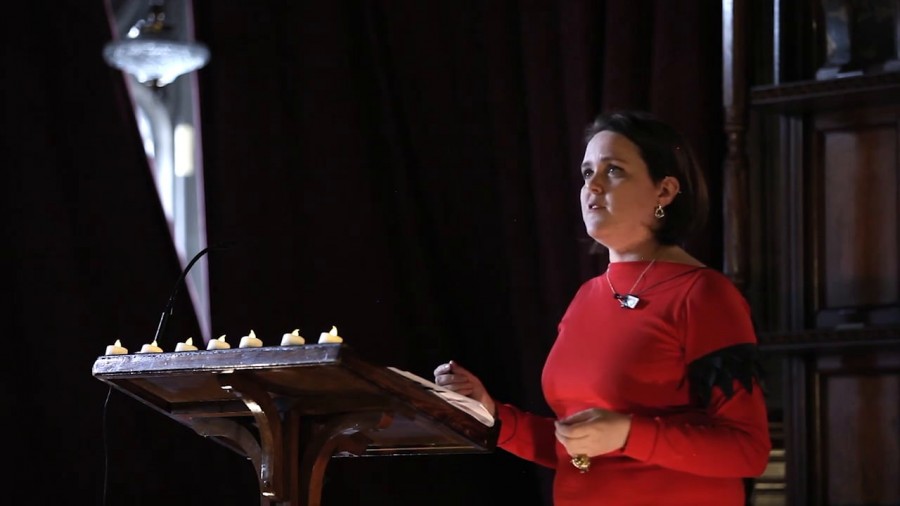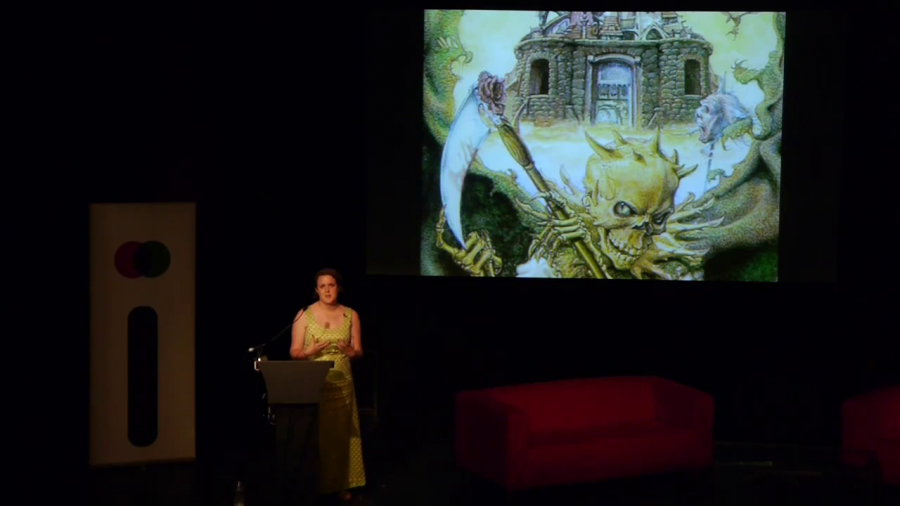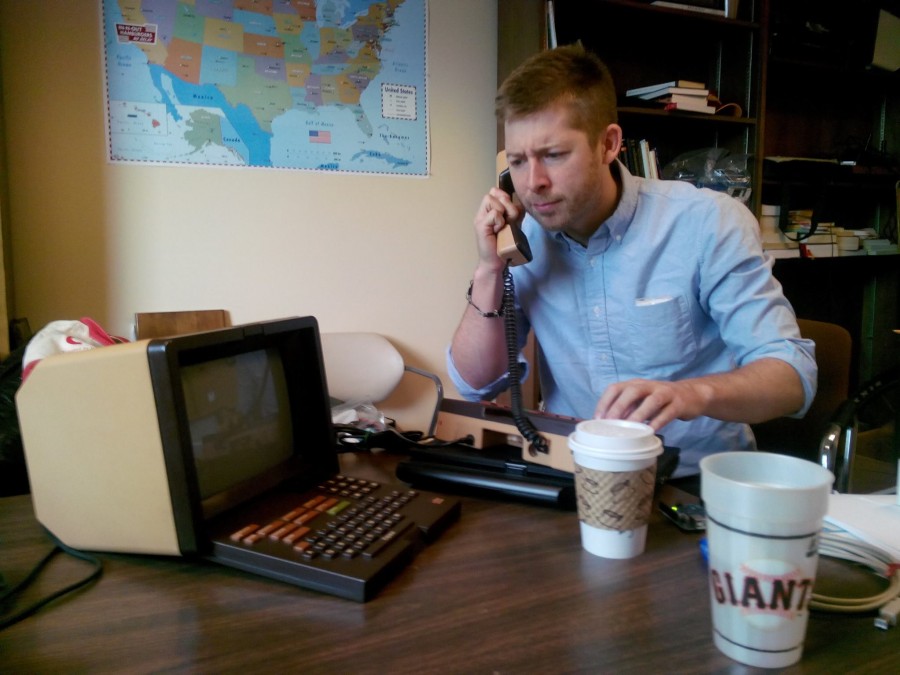It’s the expectations themselves that start to change the material qualities of our world, the material qualities around science and technology, around our political activities. That it’s not just that the entrails have been read, but the fact that you now have to make a decision whether you’re going to heed that warning or not.
Archive (Page 7 of 8)
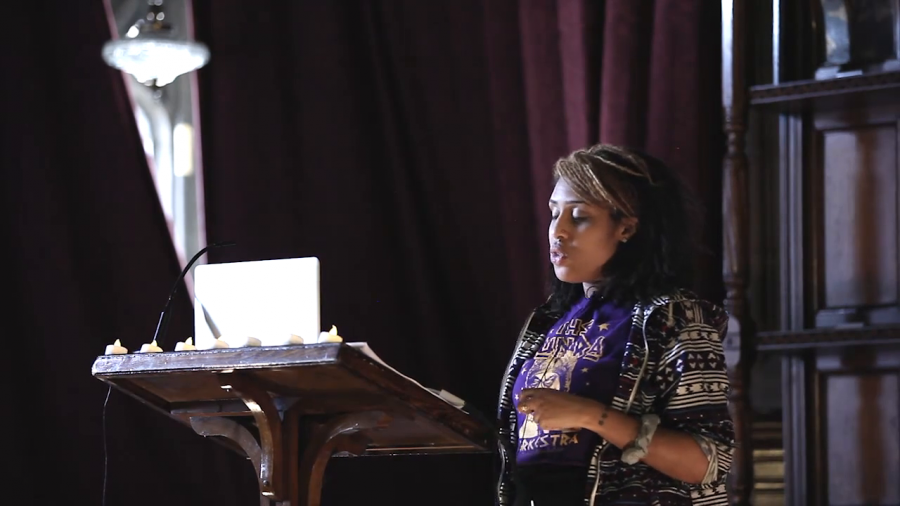
Afrofuturism is really about the black body and the black mind seeing itself put into a space that is beyond the white supremacist structure that we’re currently in at the moment.
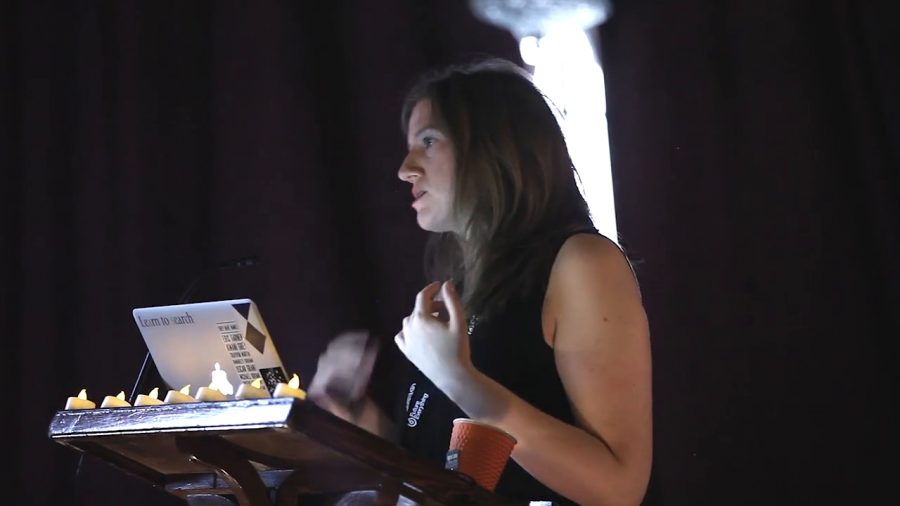
I’m going to talk about things that scare me on the Internet, things that I’m afraid of, and things that maybe we can’t yet make a horror film. We definitely can’t make a film as bad as The Ruins about this stuff, but I would say it’s a lot scarier than The Ruins, which is just gross.
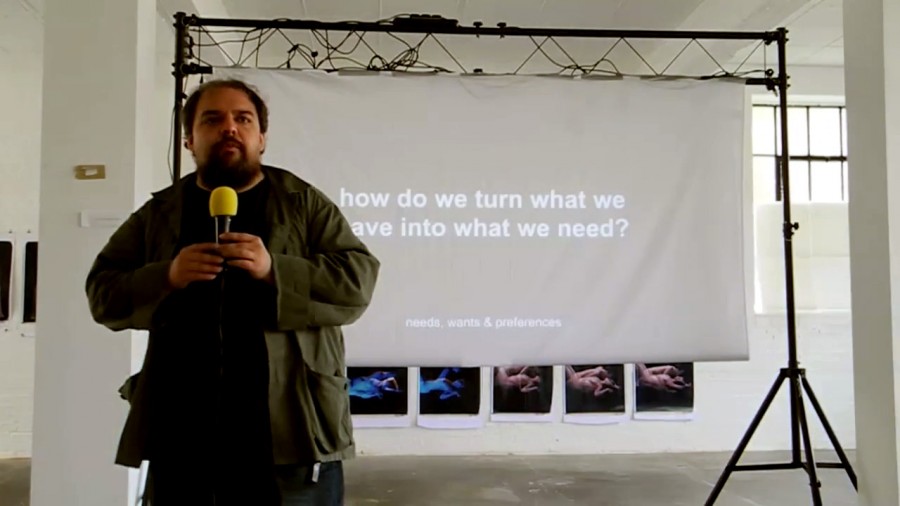
This is a completely new kind of design challenge. There’s no way that you can take the civilization we have and re-scale it for 1–10 kilograms of copper per human per lifetime. You have to think in a completely different way if you’re going to operate inside of this framework where you take the sustainable harvest of the Earth and you divide by nine billion.
Food has always been tightly intertwined with culture and identity. As a result, it’s also been a common target of colonialism. Colonizers understood that by wiping out people’s food traditions, it would be easier to wipe out their origins, their identity, and their history. This kind of trend isn’t only in the past, though. In many areas of the world, dietary habits are changing, food inequality is rife, and somehow both obesity and hunger are on the rise on a global scale.
Throughout the colonies of the various European powers, water engineers used dams, ditches, and sluices to control the flow of water. They claimed that their approach to water management was more rational and efficient than existing indigenous approaches.
In this episode, we’ll take a broad understanding of the term “technology” and look at how processed and techniques have affected the way in which societal benefits from certain types of seeds have spread across the world, from indigenous knowledges, to biotechnology, and patenting and privatization of seeds.
We firmly believe that no technology is neutral, and that power and technology are inextricably interlinked. In this podcast, we want to explore this relationship further, thinking about the power dynamics that are, and have been in the past, created by technology.

